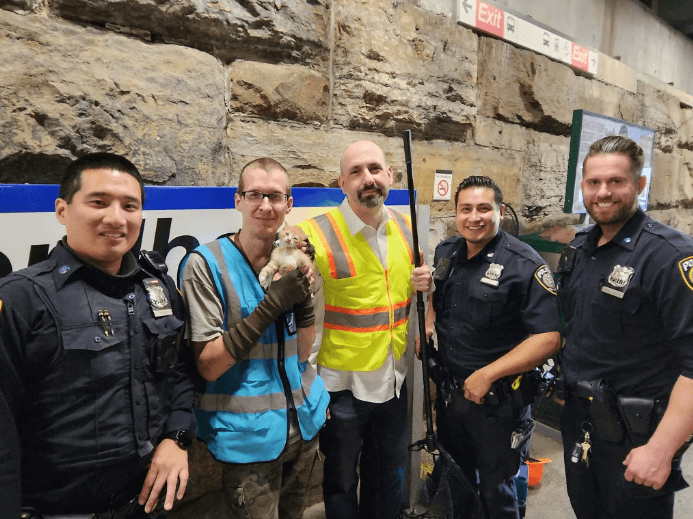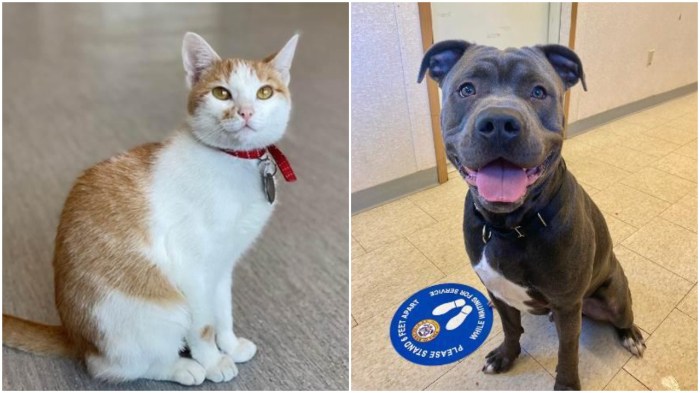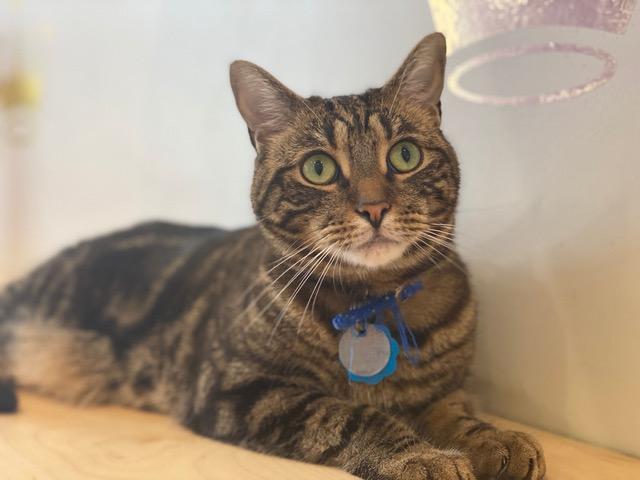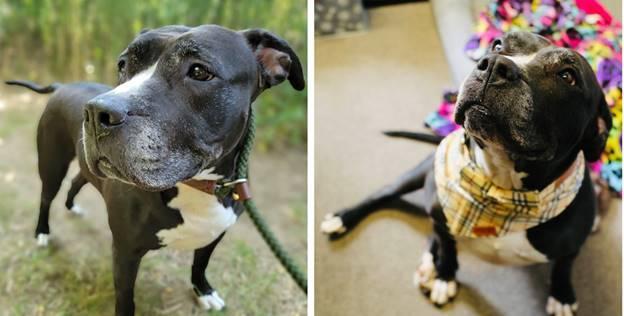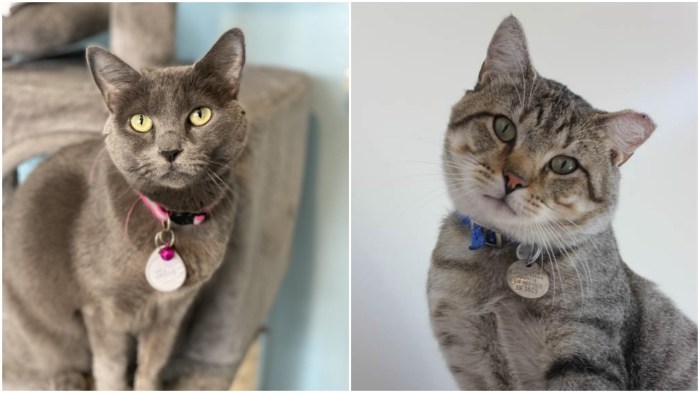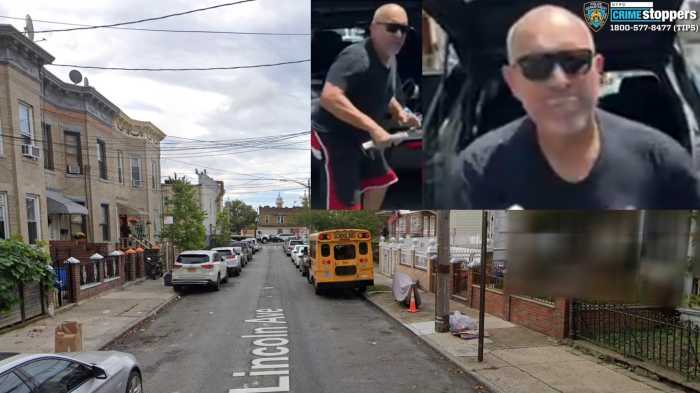With more than 20 years of experience and around 10,000 cats and kittens spayed or neutered to date, a Long Island organization called Long Island Cat Kitten Solution, Inc. (LICKS) is on the front lines of ending the overpopulation and suffering of unwanted feral and community cats.
Newly appointed vice president and rescuer John Debacker explains, “LICKS is not an animal shelter. We’re providing Trap, Neuter, Release (TNR) services, which is a three-step, humane approach to reducing the number of feral and stray cats on Long Island.
“We rely heavily on local, independent rescuers and trappers to locate and trap, and veterinarians to provide low-cost spay/neutering services,” he adds.
By reducing the population of stray and feral cats over time, TNR reduces the rate of unnecessary euthanasia by freeing up space in already overcrowded shelters and rescues. It also improves and extends the lives of cats and kittens, and quiets down unhappy neighbors looking to rid their yards of ferals.
Outside of overpopulation prevention, LICKS has been involved in several rescue missions, including a momma cat and her kittens at JFK airport, a terrified cat heard screaming on Metro-North train tracks, and even a fox lucky enough to be saved and brought to a local sanctuary.
“Rescue efforts such as these are made possible only with the help of a great support system, which starts with good Samaritans making the initial call oftentimes to local authorities getting involved,” Debacker said.
But LICKS can’t do this alone. If you feed outdoor cats, consider becoming a trapper. Colonies involved in TNR diminish in size over time, quickly stabilizing feral cat populations by instantly ending reproduction and by removing socialized cats from the colony.
Learn more about trapping and volunteering at licatskittens.org.
For those wishing to help in other ways, support LICKS at its upcoming fundraisers, including the final game of the Long Island Nets season at Nassau Coliseum on Tuesday, March 14, 2023. A portion of every ticket purchased goes directly towards LICKS’s lifesaving programs.




